Yemenis face ‘death sentence’ amid raging Saudi bombardments, UN official warns
Millions of people in Yemen could face a “death sentence” if the gaps in the UN’s funding for humanitarian aid are not filled, a UN official has warned.
Under-Secretary-General for Humanitarian Affairs and Emergency Relief Coordinator Martin Griffiths told the UN Security Council on Tuesday that January had seen nearly two-thirds of major UN aid programs being scaled back or closed. He said rations may be cut further from March, or stopped.
“The humanitarian operation... is about to start doing a lot less,” Griffiths said. “Aid agencies are quickly running out of money, forcing them to slash life-saving programs.”
“We have never before contemplated giving millions of hungry people no food at all. If these gaps aren’t addressed, it will simply be a death sentence for people whose coping mechanisms in some cases are completely exhausted and who rely on assistance for their survival,” Griffiths said.
The official, who previously served as the UN’s special envoy for Yemen, described the current funding shortage as “unprecedented in Yemen.”
According to the UN humanitarian office, the 2021 humanitarian plan for Yemen received $2.27 billion of its $3.85-billion requirement, the lowest funding level since 2015. The 2022 plan has not been released.
Funding shortages could also deprive 3.6 million people of safe drinking water and end programs to promote reproductive health.
UN special envoy Hans Grundberg also told the 15-member Council that an airstrike by the Saudi-led coalition on a detention facility in Sa’ada in January “was the worst civilian casualty incident in three years,” as he pointed at an “alarming” increase in the bombardment of Yemen, including residential areas in Sana’a and the port area of Hudaydah.
More than 650 civilians were killed or injured in January by Saudi air raids, shelling, small arms fire and other violence, “by far the highest toll in at least three years,” according to UN figures.
Meanwhile, recent retaliatory attacks by the Sana’a-based National Salvation Government on Saudi Arabia and the United Arab Emirates “indicate how this conflict risks spiraling out of control unless serious efforts are urgently made by the Yemeni parties, the region and the international community to end the conflict,” Grundberg said.
Saudi Arabia and a number of its regional allies, backed by the United States and European powers, launched the war on Yemen in March 2015, with the goal of bringing the government of former Yemeni President Abd Rabbuh Mansour Hadi back to power and crushing the popular Ansarullah resistance movement.
Famine significantly threatens more than five million people in Yemen, according to the World Food Programme.
Despite Saudi Arabia’s incessant bombardment of the impoverished country, the Yemeni armed forces have gradually grown stronger, leaving Riyadh and its allies, most notably the United Arab Emirates, bogged down in the country.
‘Narcissistic psychopath’: Netizens mock Trump over letter to Norway PM on Nobel Prize
Israeli forces demolish UNRWA buildings in occupied East al-Quds
Trump lashes out at allies over Greenland, shares private texts online
Iran’s Armed Forces will cut off any 'hand of aggression' against Leader: Spokesman
VIDEO | Foreign hands, failed chaos
Russia’s Lavrov condemns Western plots for ‘regime change’ in Iran
‘No natural uprising’: Prominent global voices on US-Israeli role in engineering Iran riots
Trump threatens 200% wine tariffs on France to push Macron to join Gaza board


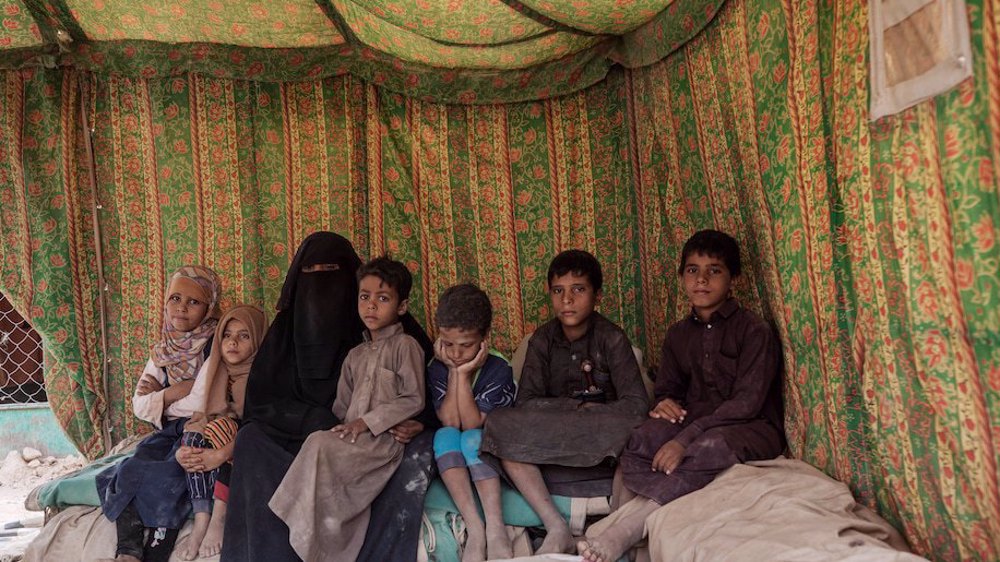
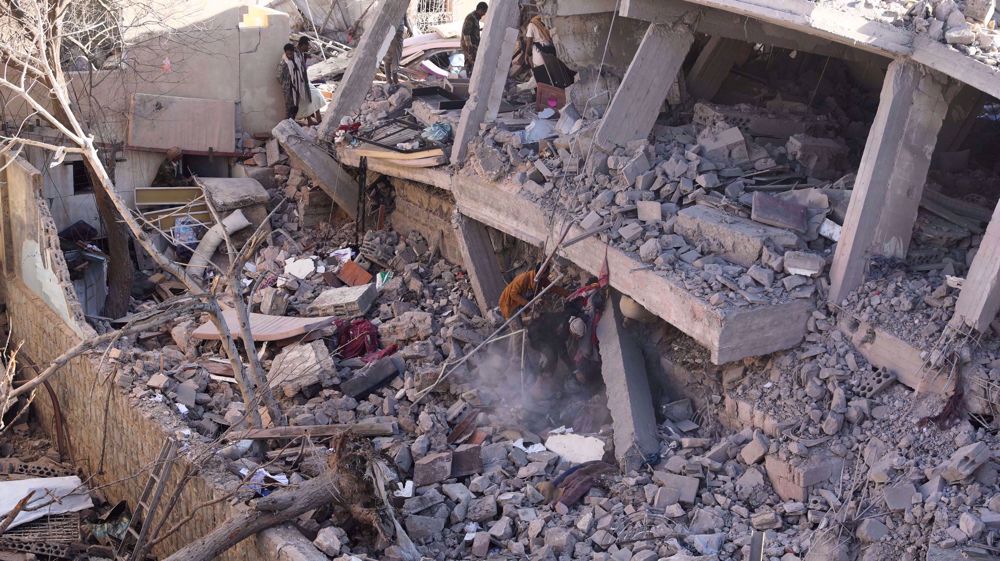
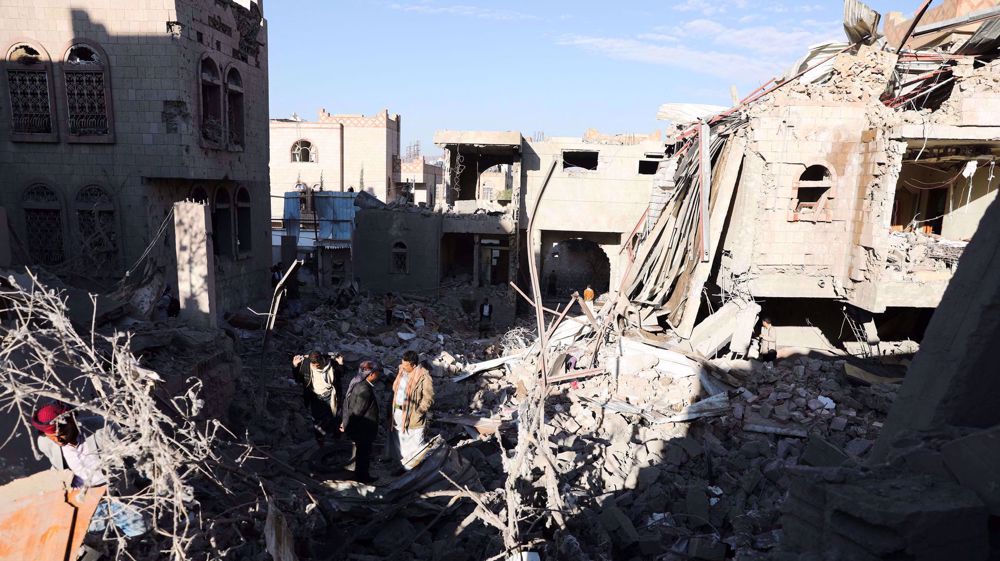
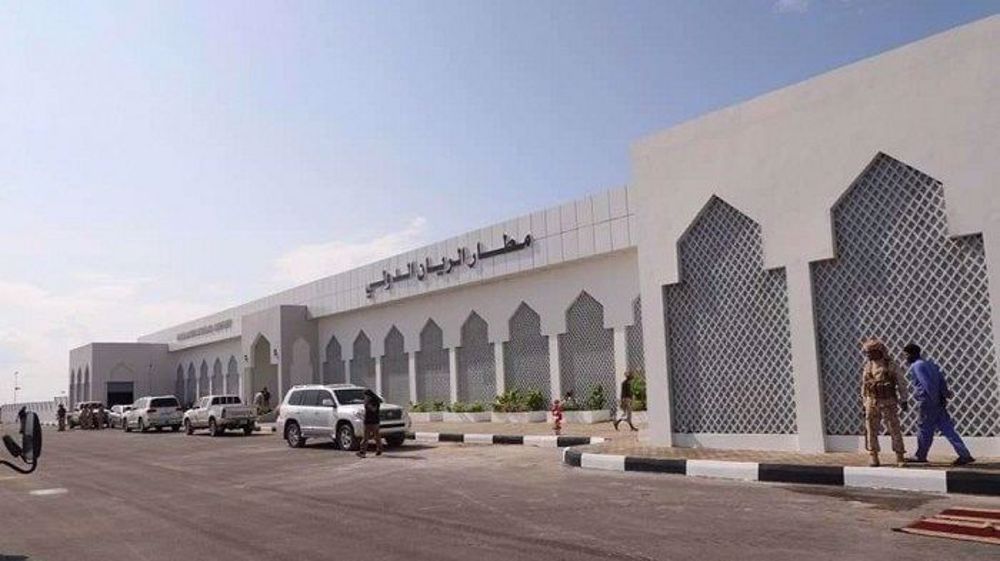
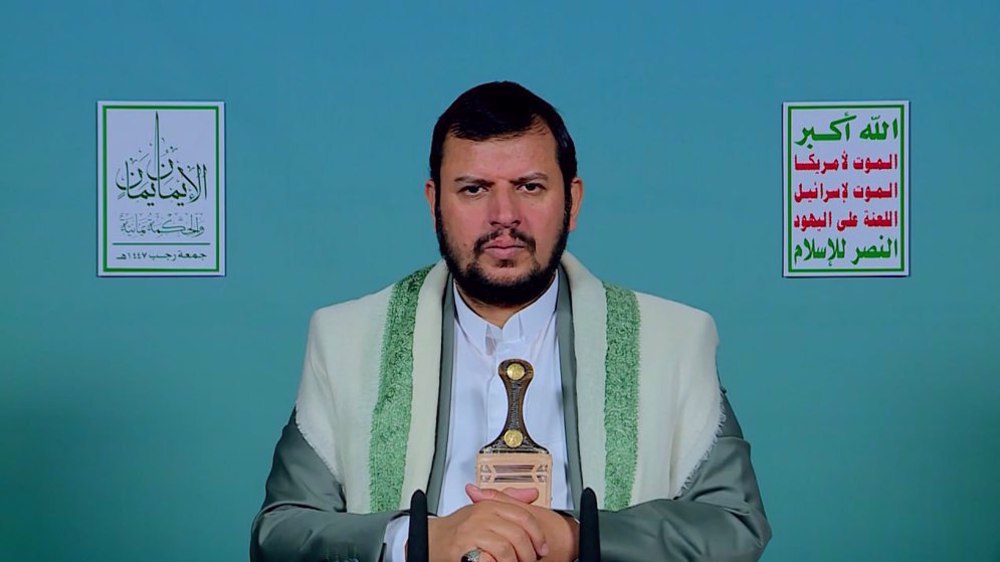
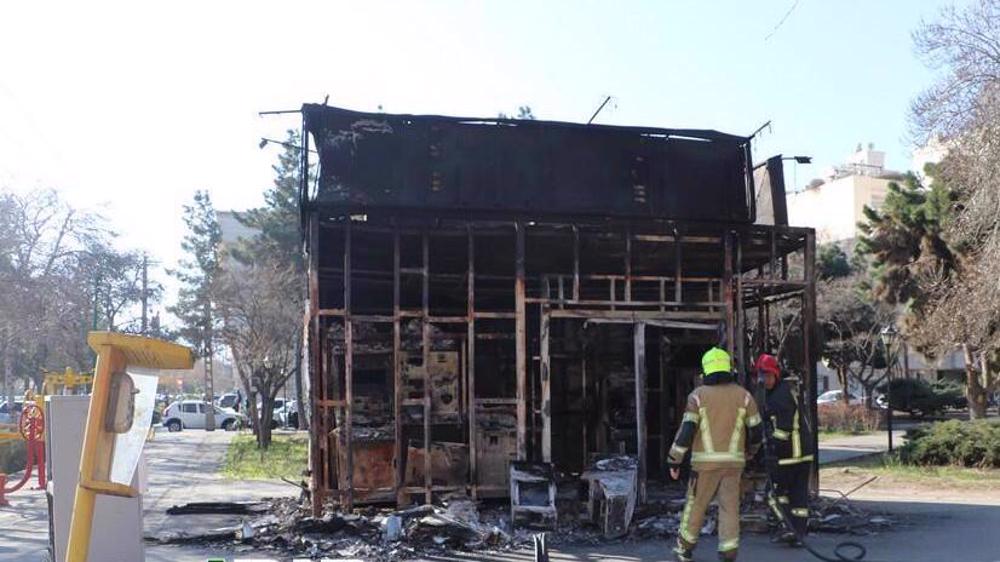




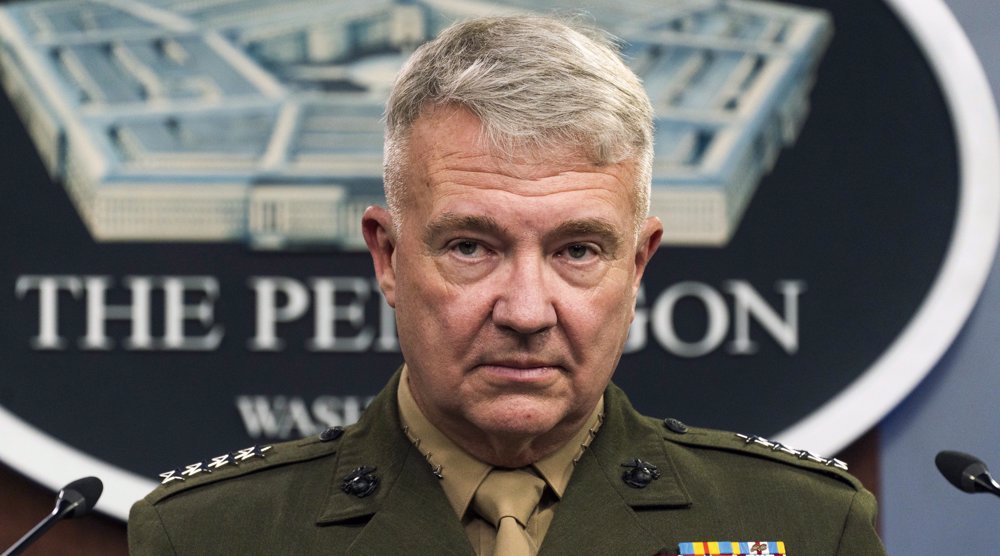
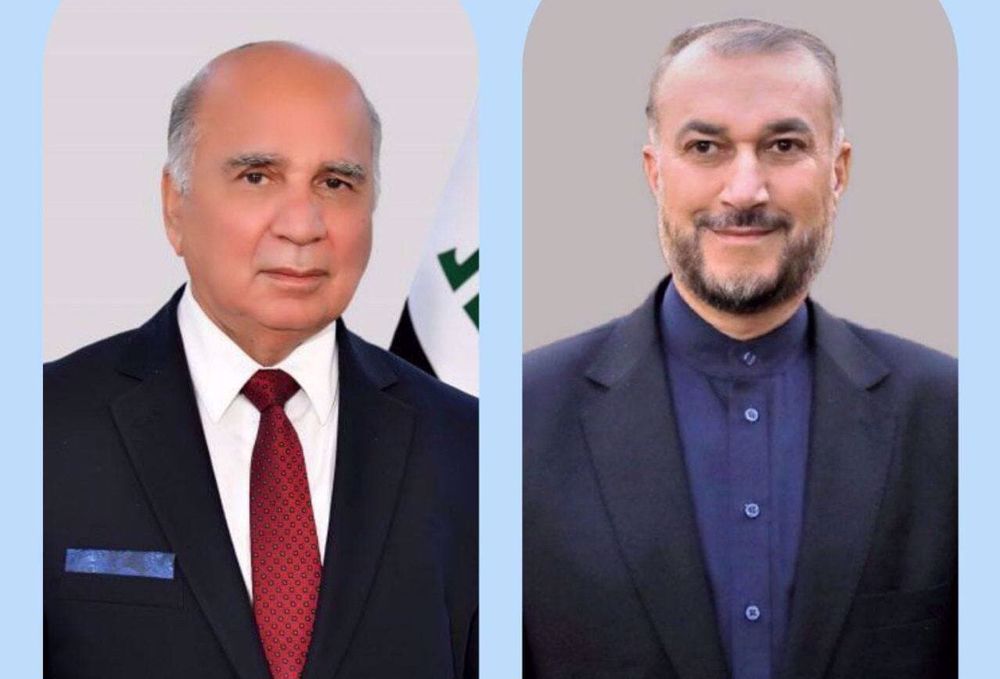
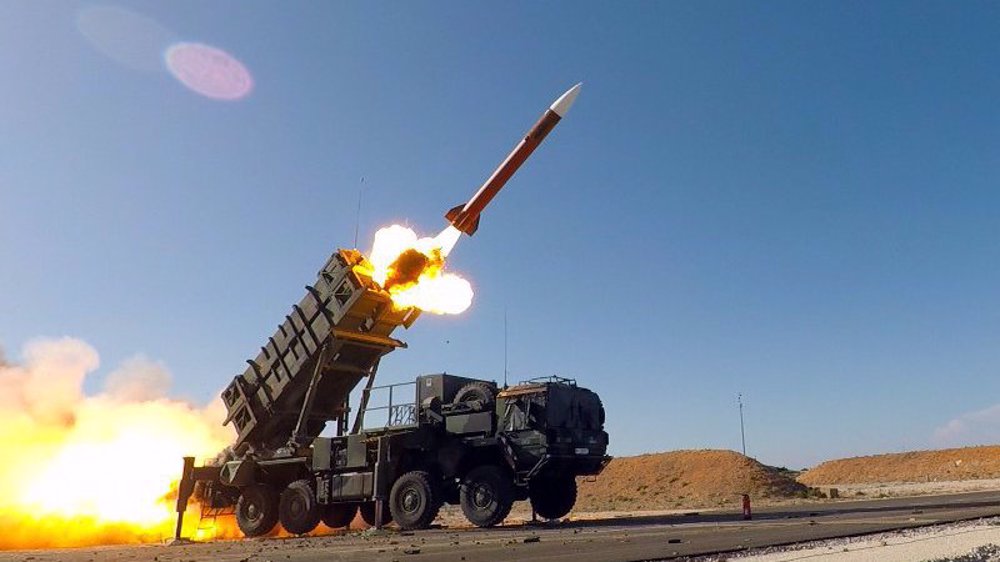
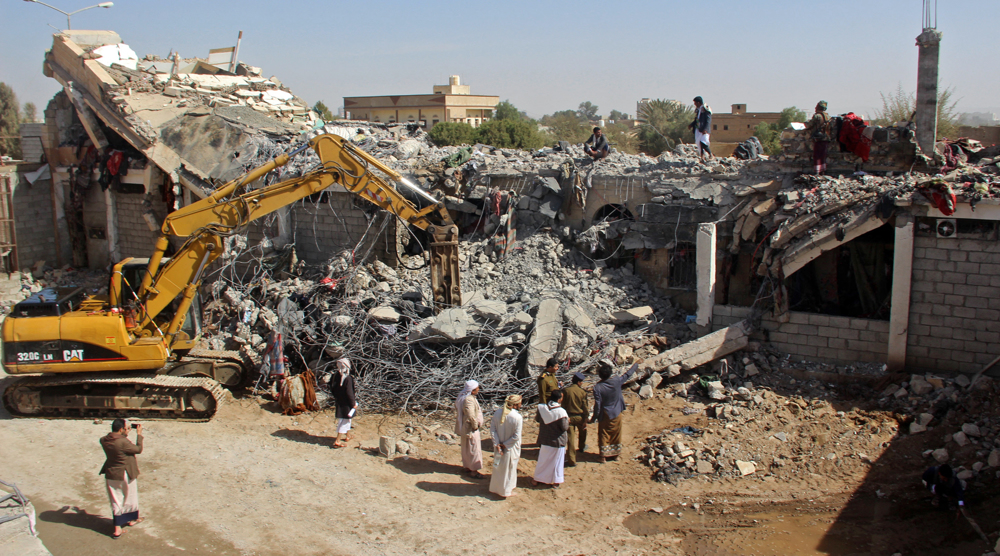
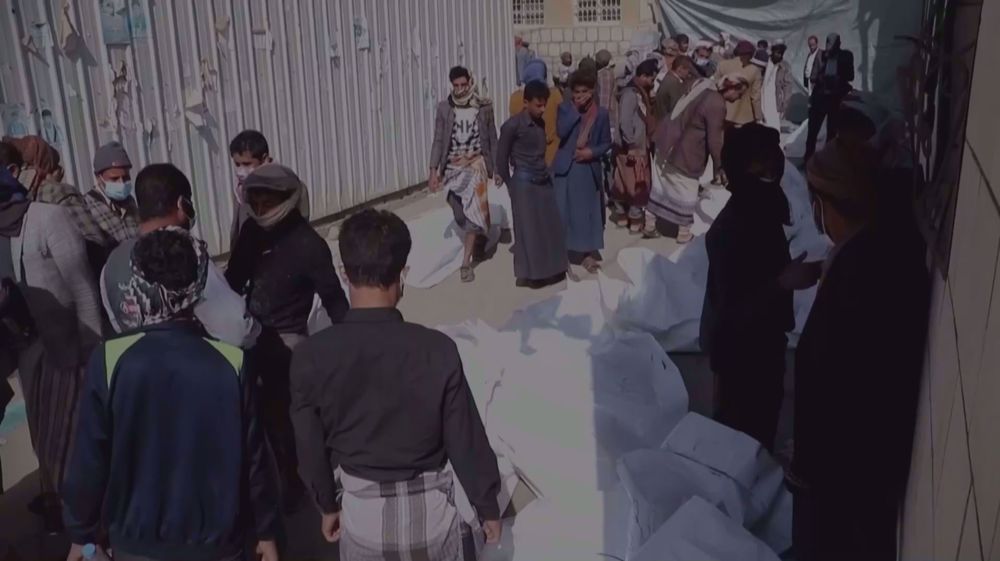
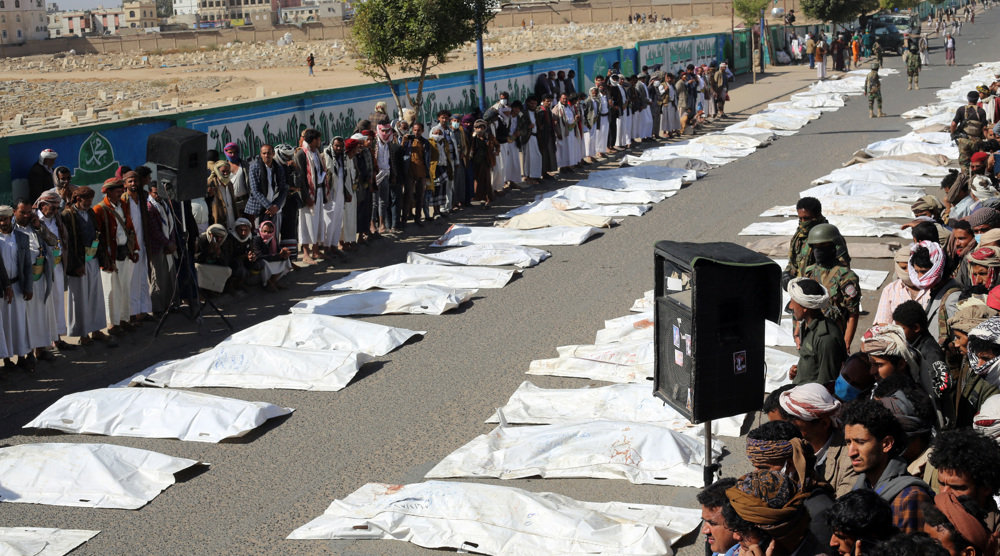
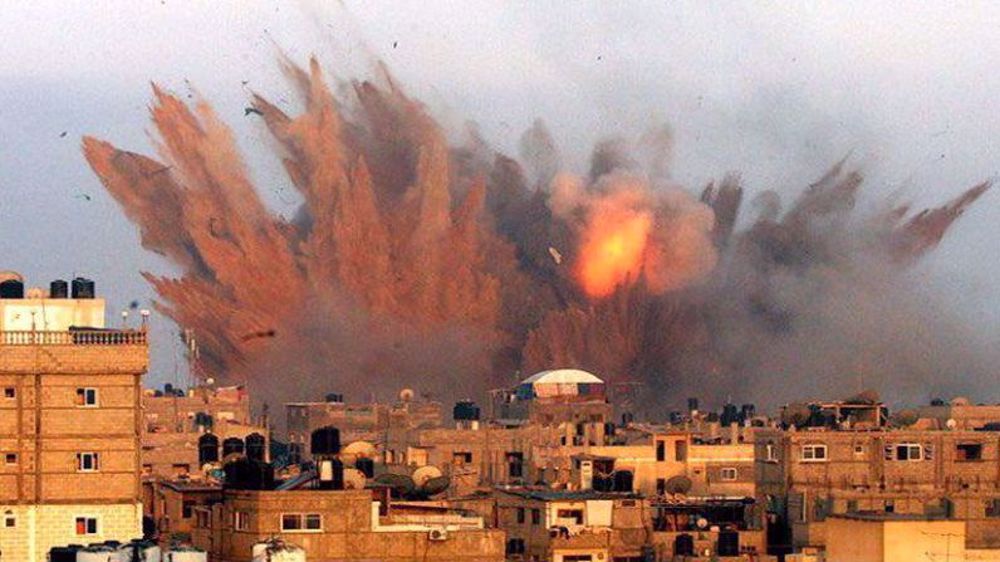

 This makes it easy to access the Press TV website
This makes it easy to access the Press TV website